Online Fraud: A case study of SMK Electronics Corporation and Prime Express Logistics
How highly sophisticated fraudsters and cyber crime network scam South Sudanese in fake business transactions
By Oriba Douglas
Introduction:
“I have been cheated $450 by online shopping scammers,” claims Mokili Elias Justin, a Juba South Sudanese based in a report to 211 Check
He then goes ahead to list a company calling itself SMK Electronics Corporation, who through their eye-catching advertisements on Facebook, lured him into a transaction that saw the Company SMK Electronics Corporation convince him, Mokili Elias Justin, to buy from them. He was then referred to WhatsApp, where a United States phone number +15108546513, helped seal the deal through a booking and payment.
Payment was done as per wishes of “the WhatsApp contact +15108546513” and was to be deposited through local money transfers based in Juba whom the WhatsApp contact knew so very well.
The recipients of the payments were Kenyan numbers +254769925315 and +254741963091.
SMK Electronics then assured him that a courier calling itself Prime Express Logistics (https://www.primeexpresslogistics.com) had been given his personal details i.e., Full Name and Location taken and will do the delivery. He was then given a tracking number: 1633159726 so as to track the shipment of his package. He was then referred to visit https://www.primeexpresslogistics.com/track.php to track his package from there.
On him visiting the site and inputting the given tracking number, a static HTML page displays in table format, the expected delivery date which was 04/10/2021 together with both the shipper’s and receiver’s information parallel to one another.
He, Moikili Elias Justin, then emailed Prime Express Logistics to inquire about his package as it was experiencing a delay.
They replied to him and stated that he had to pay customs fees to the tune of $152 and it had to be paid through Mpesa to the phone number +254769925315 registered under Ngatia Kagema in Nairobi, Kenya.
Alarmingly after going through all this, the package never arrived and he was totally ignored by all parties to this transaction. (Both the online seller and the courier)
Investigation:
211 Check started this investigation by collaborating on all of Mokili Elias Justin’s claims. It was found that what his claims were, was indeed fact! He had been parted from his hard-earned cash without receiving the product he bought online.
211 Check went through screenshots of conversations between Mokili Elias Justin and SMK Electronics Corporation (the online business), then that of his conversations with the WhatsApp number +15108546513 (Agent of the online business) and finally his conversations with Prime Express Logistics (The courier to do the delivery) through screenshots of emails between them.
From these conversations, 211 Check highlighted the following:
- Company doing the sales is calling itself SMK Electronics Corporation
- WhatsApp number +15108546513 is acting as company representative for SMK Electronics Corporation
- Prime Express Logistics, was the courier that Mokili’s package would be delivered through
211 Check after careful thorough investigation on Company profiles and registration details can confidently state the following on the highlighted points
- SMK Electronics Corporation, USA (www.smkusa.com) has no official Facebook page thus the one Mokili Elias Justin came across through Facebook promoted content advertisement is an imposter taking advantage of this absence. The Facebook page calling itself SMK Electronics Corporation is a fraudulent imposter seeking to confuse intending buyers that it is indeed the original SMK Electronics Corporation, USA (which is a subsidiary of a manufacturing company). Its parent company is SMK Corporation which is headquartered in Tokyo, Japan. (www.smk.co.jp)
- The WhatsApp number +15108546513 is registered under the names Zizzey Biz Lines and is not traceable to a person or registered business. 211 Check can firmly state that this number is in no way a legitimate number for a representative of the SMK Electronics Corporation, USA. Official contacts can be found on this site (www.smkusa.com)
- There is a registered company called Prime Express Logistics (https://www.primexpresslogistics.com) The one fronted to Mokili is also calling itself Prime Express Logistics (https://www.primeexpresslogistics.com) is a known fraudulent website seeking to scam customers.
Red Flags:
An in-depth look at both the online business and courier under scrutiny was able to produce facts that can be grouped under “Red flags” (suspicious, irregularities, misleading, not true)
Red Flag 1: The Courier – Prime Express Logistics
- The site (https://www.primeexpresslogistics.com) purported to be for Prime Express delivery has no any other functionality apart from what is seen on the home page plus the page where you are made to believe that you will be able to track your package shipments. The site has no working buttons linking to services, contact us and about us. Their sign-up page links to (https://www.courier.citysprint.uk) – a site that is totally unrelated to this one.
- The email provided on the site [email protected] is not working.
- The images used on the site are also present on another site called Prime Express Logistics (https://www.primexpresslogistics.com)
- No mention of any office locations or physical local or headquarters anywhere on the site.
- No mention of how said company is to deliver your goods to you.
- No e-commerce capabilities on the site, no clear financial documentation on conducting business with them.
- The location given “300 Lighting Way Secaucus, NJ 07094, USA.” points to Safilo, USA (A manufacturing company). Next to the location information is a telephone field that is deliberately left empty. (Like really, why won’t a company want to share their office telephone line?!?)
Red Flag 2 : The Facebook Page – SMK Electronics Corporation
- The Facebook Page created in the name of SMK Electronics Corporation has only 3 likes. Thankfully, their promoted content too has minimal interactions. Averaging 1 comment per post. It was opened in August 2020.
- It is a fraudulent disguise as SMK Corporation (www.smk.co.jp) even using the official SMK Corporation logo.
- Be informed that the SMK corporation started in Japan as a manufacturing Company in 1925.
Red Flag 3: The WhatsApp dealings
- The transaction on what was to be bought was done and concluded on WhatsApp. Payment directives were also given through WhatsApp to local Mpesa registered numbers in Kenya.
Red Flag 4: Unreceipted Payments
- 211 Check saw no receipts for the payments to Kenyan numbers +254769925315 and +254741963091 with exception to Mpesa Agent logs. The online seller did not officially acknowledge any of the payments.
Tools used in the analysis:
Crowd tangle analysis on the Facebook page SMK Electronics Corporation revealed its low content reach with its main market target as South Sudan and also ruled out any current ongoing advertising by the page. It also disclosed that the page only has 3 followers.
Analysing the website www.primeexpresslogistics.com using https://whois.domaintools.com‘s algorithm showed that the website was registered and hosted in February 2021 on a 1 year license. All other information would help identify the site owners has not been made public by the algorithm on command from www.namecheaphosting.com
A look at the source code to the website indicates a hastily assembled site with only two functioning pages i.e., www.primeexpresslogistics.com and www.primeexpresslogistics.com/track.php. All other buttons on site do not function and content is outdated, reading 2019 yet site was hosted in Feb, 2021.Further Look into the source code using Chrome browser Developer tools indicates links to other unrelated sites meaning this web-paged was hastily copied and pasted from some other site on the internet then refurbished to give it a new external look and feel.
The page www.primeexpresslogistics.com ranked the lowest score on the site www.scam-detector.com with a score of 1.5 out of 100.Being branded a highly suspicious and dubious account according to the site Scam Detector’s algorithm.
Conclusion:
Both the online business using the stolen brand name of SMK Electronics corporation and the courier using the not so popular and un-trustworthy name of Prime Express logistics are fraudulent.
The interconnection between the two is no doubt a cleverly concealed team effort to dupe prospective customers that they are dealing with a genuine American representative from the online business and a Kenyan courier. But still fail and all payments are made to Kenyan contacts thus indicating the culprits are closer to home than we think.
Sadly, proof of their identity remains a mystery. One still is for sure though; they are fraudulent. A classic example of the dreaded online courier fraud!
Online Business and Transaction Tips:
An online- business is one that sells its goods/merchandise to customers over the internet.
A courier service involves the delivery of goods/items from one company/individual to another. These are either brought to them by a seller or they go pick it directly from a seller. There are many companies both local and international couriers that offer these services such as locally within South Sudan is Juba Errands and Primefuels South Sudan, and International is DHL among others.
Obligations of e-commerce company/online business:
Avail exact goods as advertised through their online business to the clients as per purchase agreement through relevant delivery means i.e. couriers.
Obligations couriers:
Pick goods from online businesses or receive goods from online businesses and deliver to the buyer.
Failure to meet both obligations:
If both the online business and courier fail to live up to their obligations, the customer may in some cases get a refund or sadly accept the fact that he/she may be a victim of;
Advanced fee fraud scam: Where advanced payments are made for goods or services that do not materialize.
None delivery scam: Where an online business accepts payment for a good or service but fails to have it delivered to the customer.
A customer going through such an experience may warrant an in-depth search for answers. And this investigative piece seeks to help one such buyer who is seeking for answers.

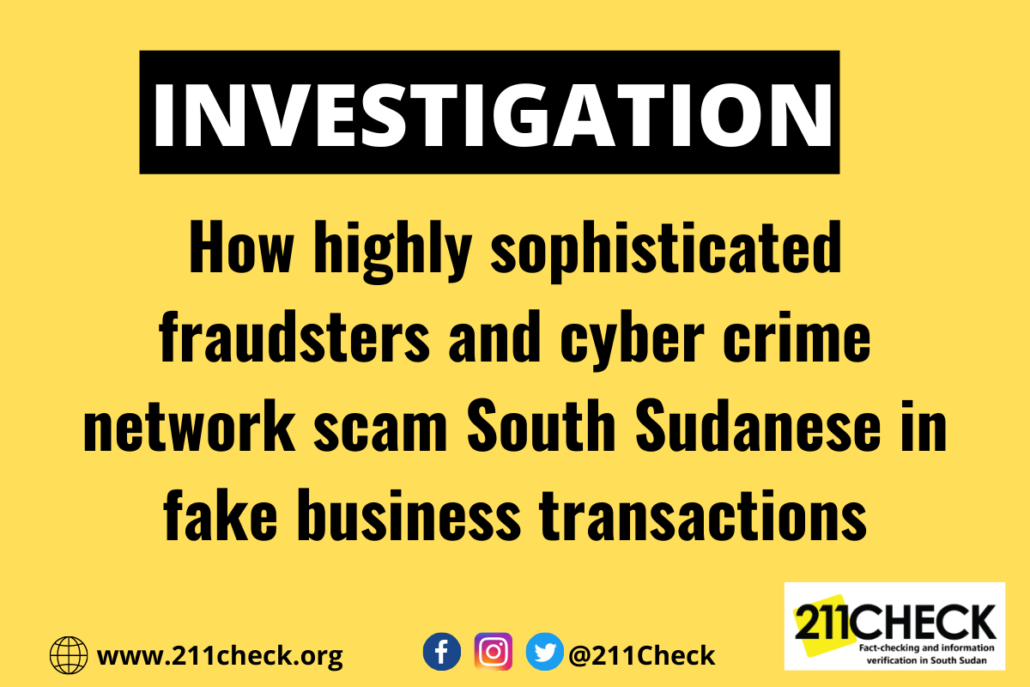 211 Check
211 Check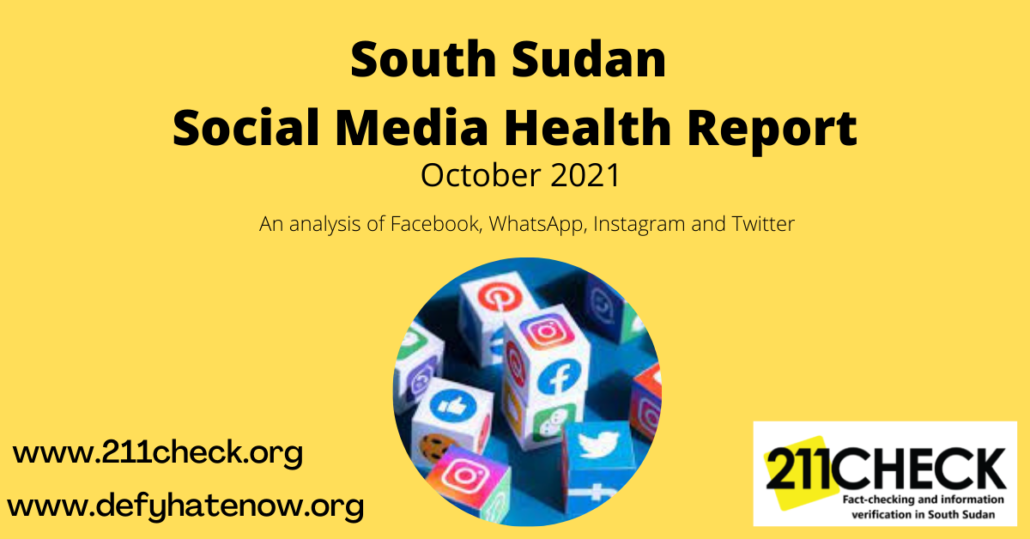 211 Check
211 Check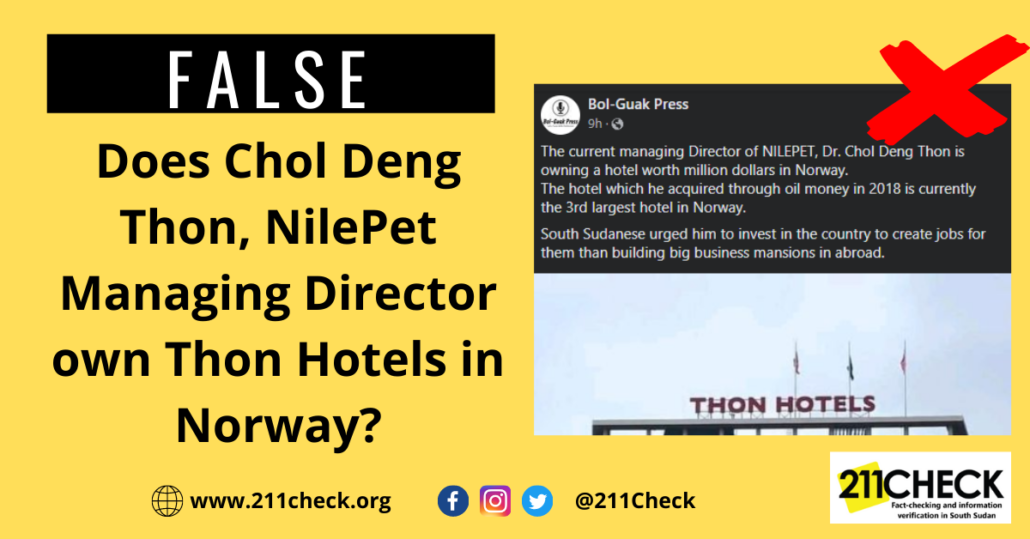 211 Check
211 Check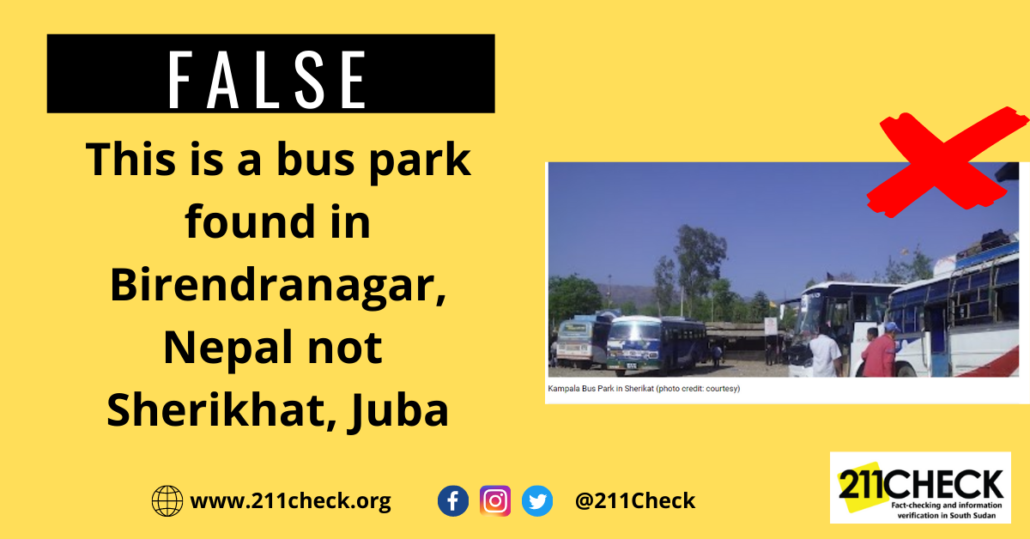 211 Check
211 Check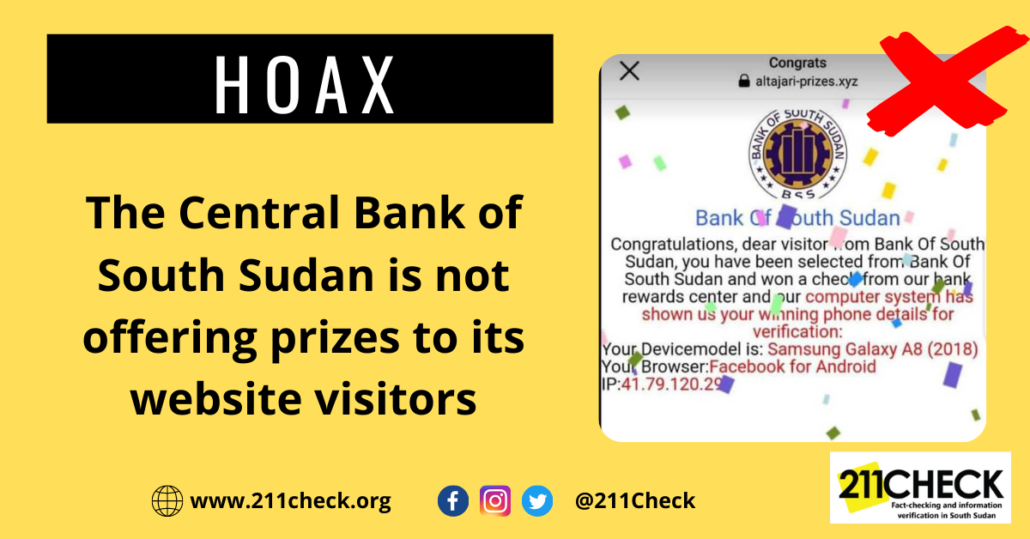 211 Check
211 Check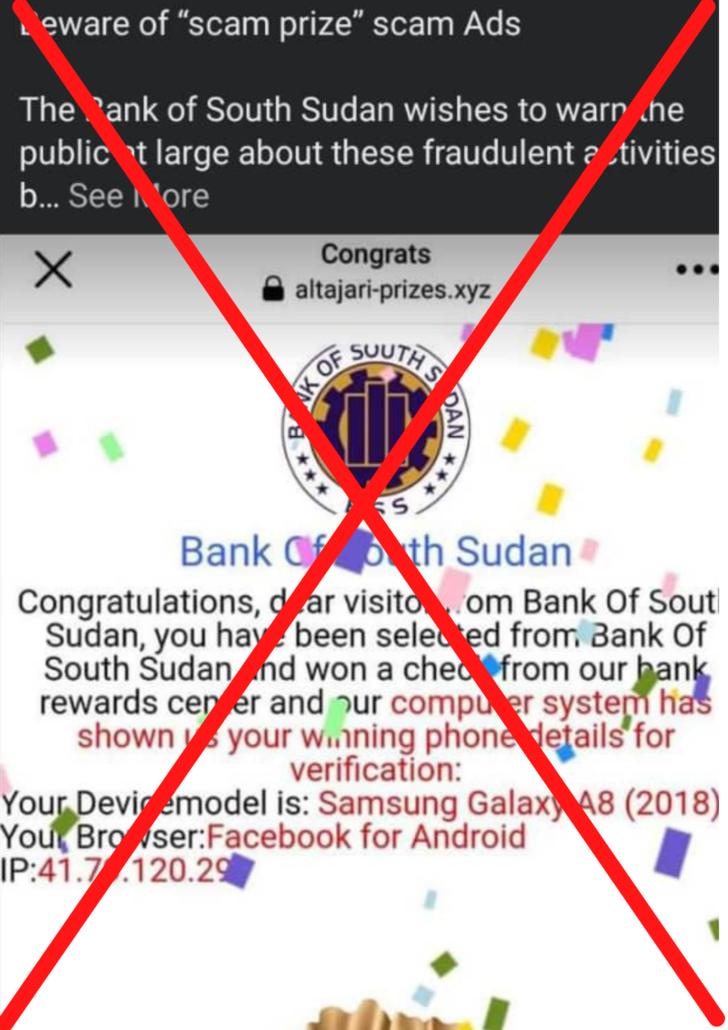
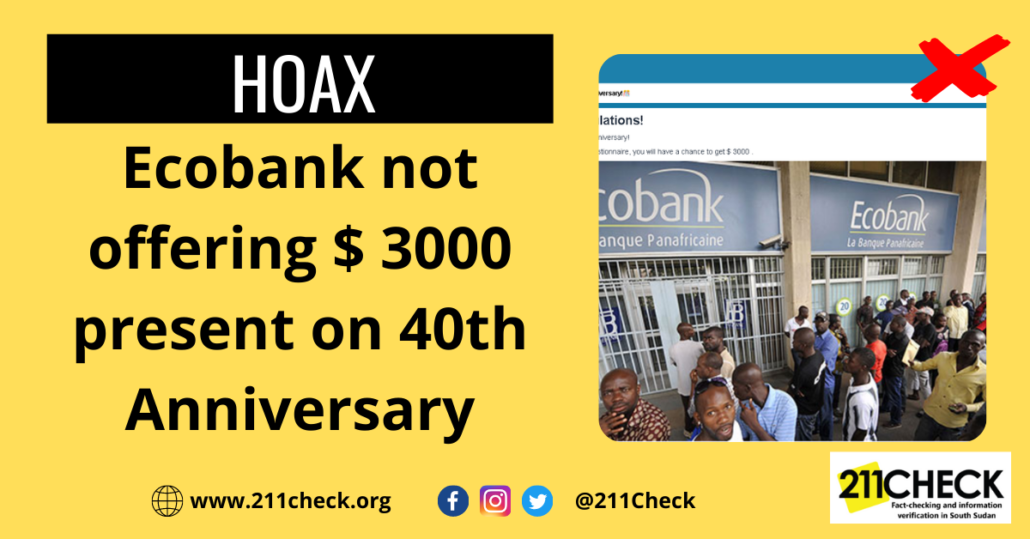 211 Check
211 Check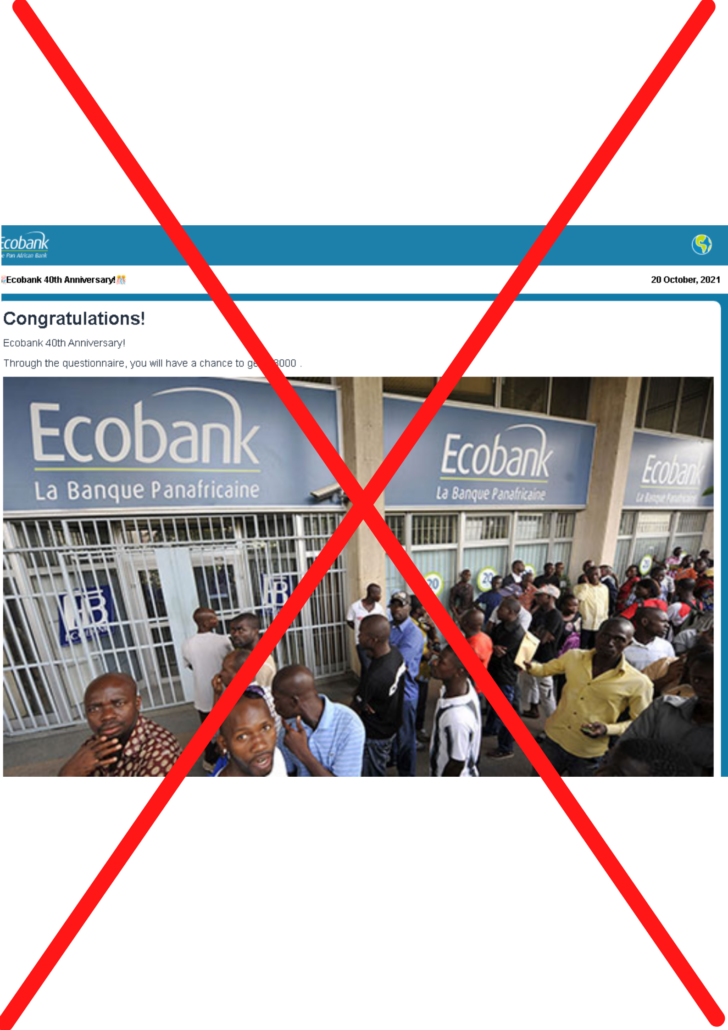
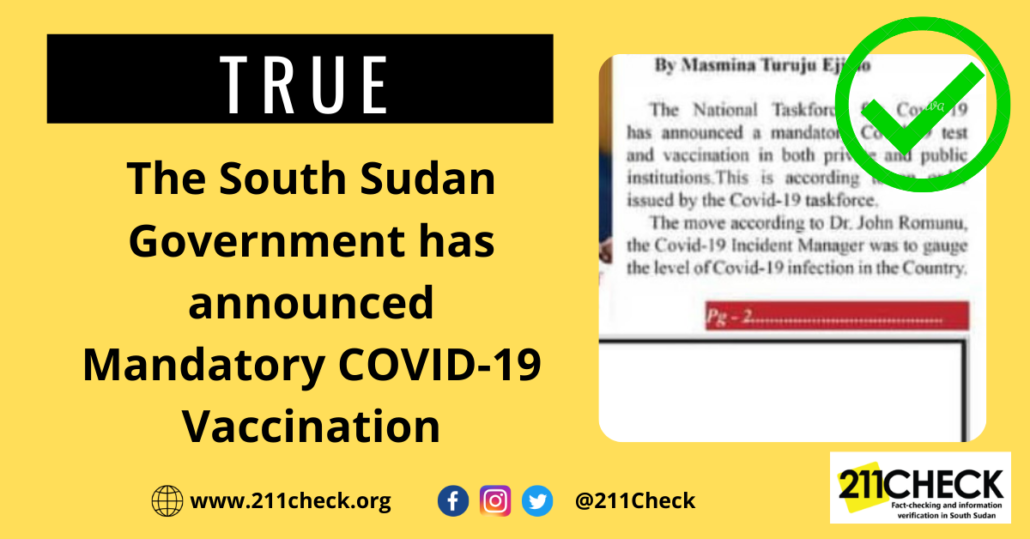 211 Check
211 Check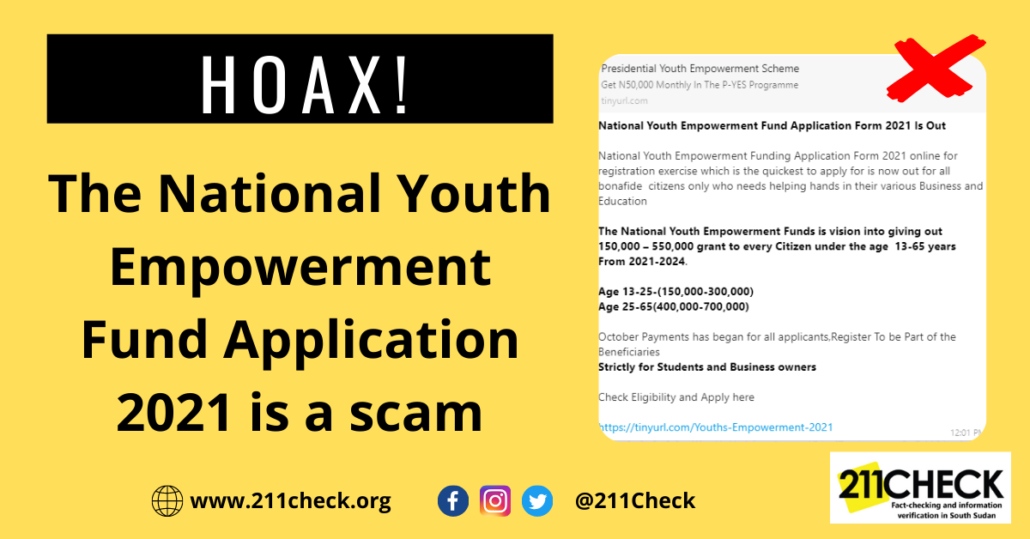 211 Check
211 Check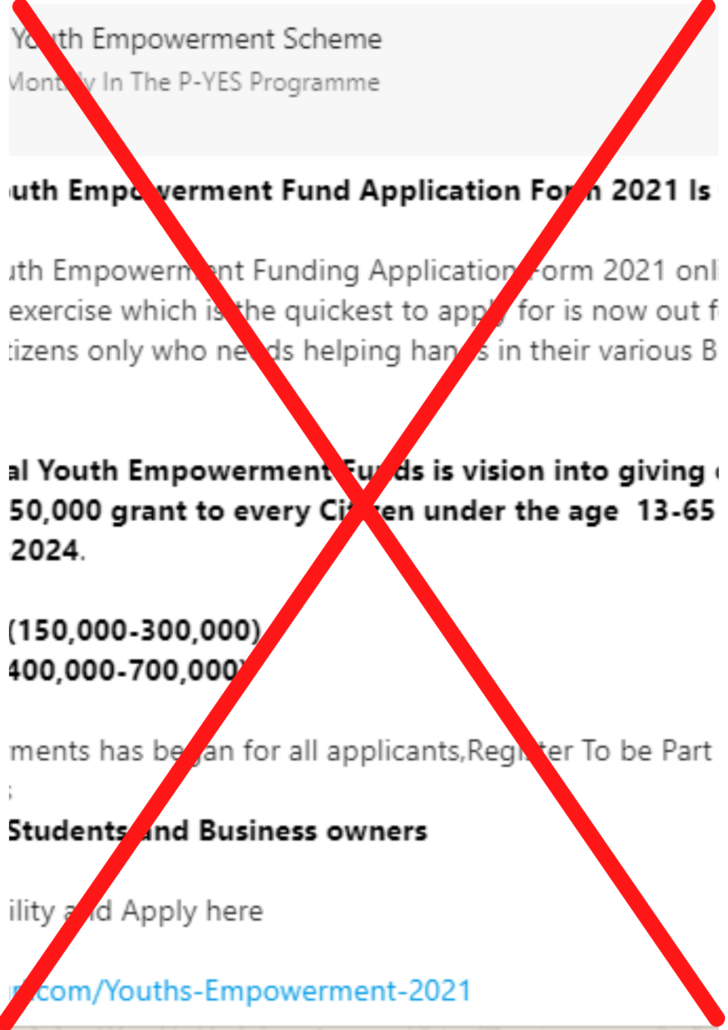
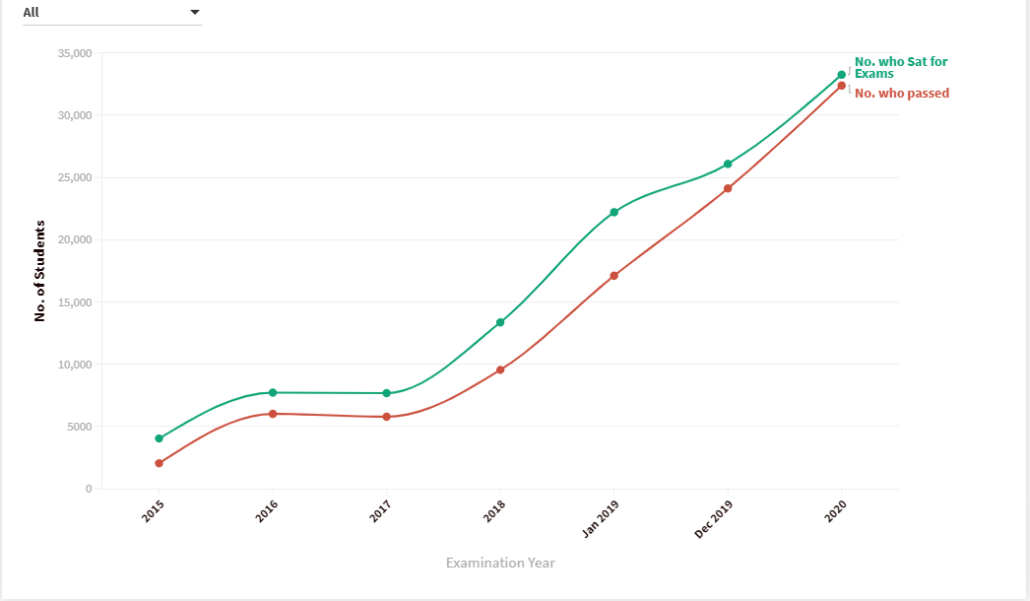 211 Check
211 Check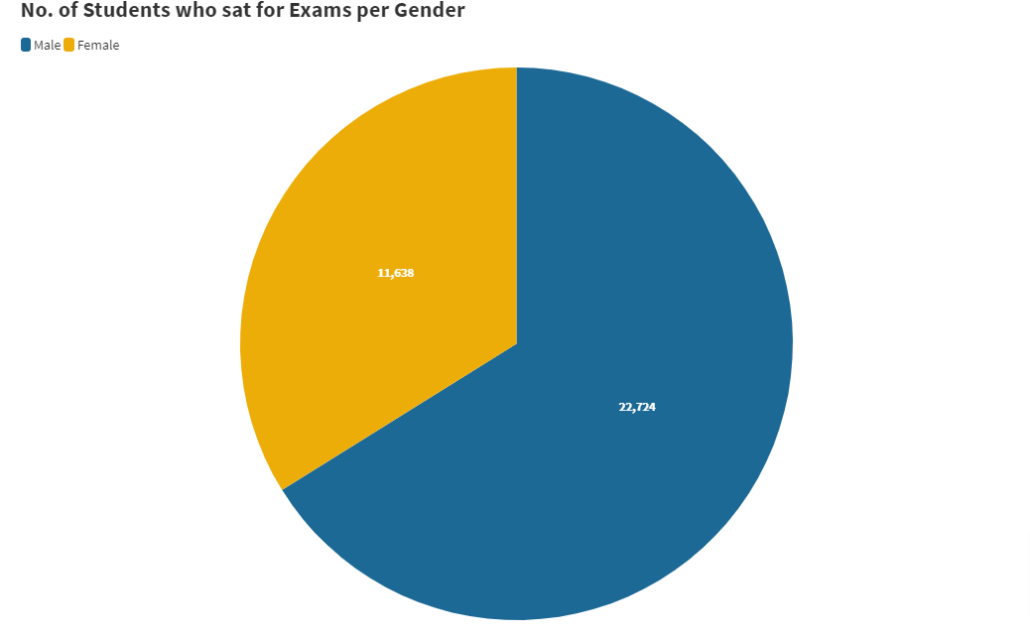

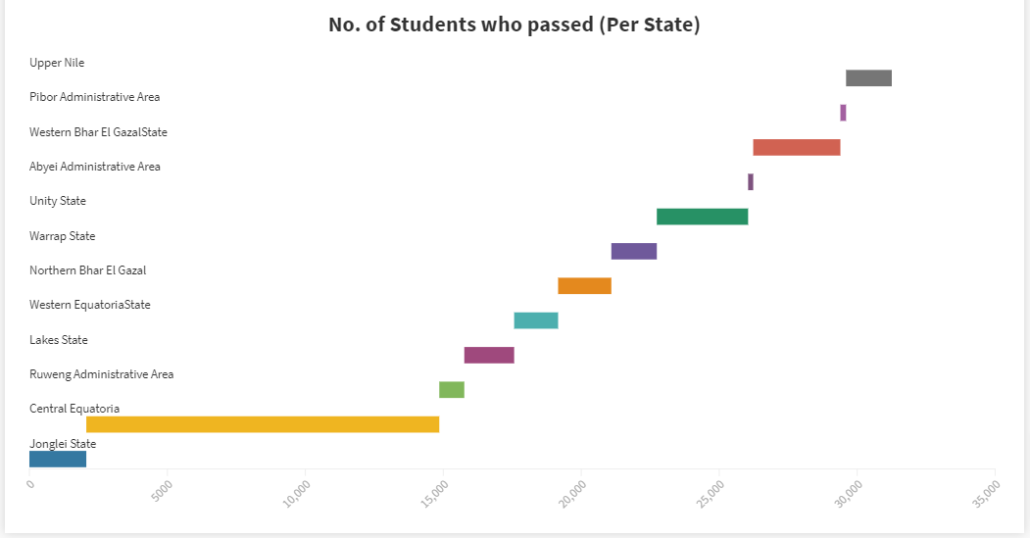
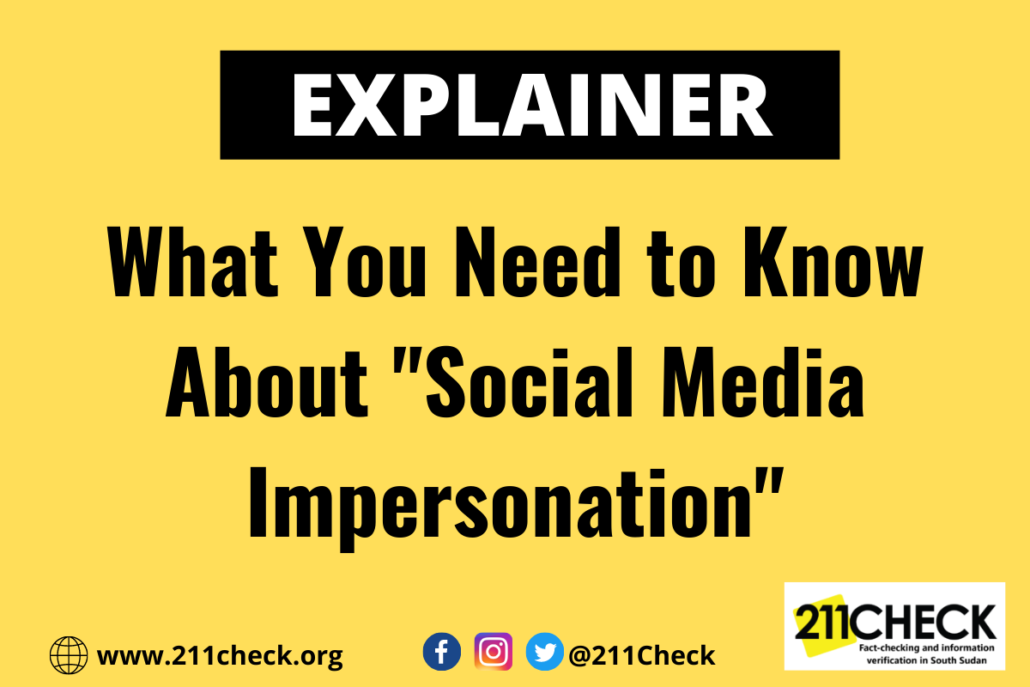 211 Check
211 Check